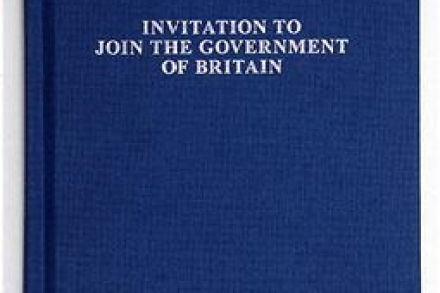What happened to the Tory manifesto?
During the love-in at the start of the coalition, no one really asked which Tory pledges bit the dust. It becomes relevant now: the Tory pledge to reduce immigration to the “tens of thousands,” for example, was in their manifesto but not in the coalition agreement. Although verbally restated later, it is still seen as being a flexible pledge due to its absence in that document. There is no record of what was dropped, so we at CoffeeHouse have provided one below. I won’t say it’s a rip-roaring read. But for those who think manifestos mean something, it’s good to have on the record. UPDATE: I agree with Mycroft, below,




















